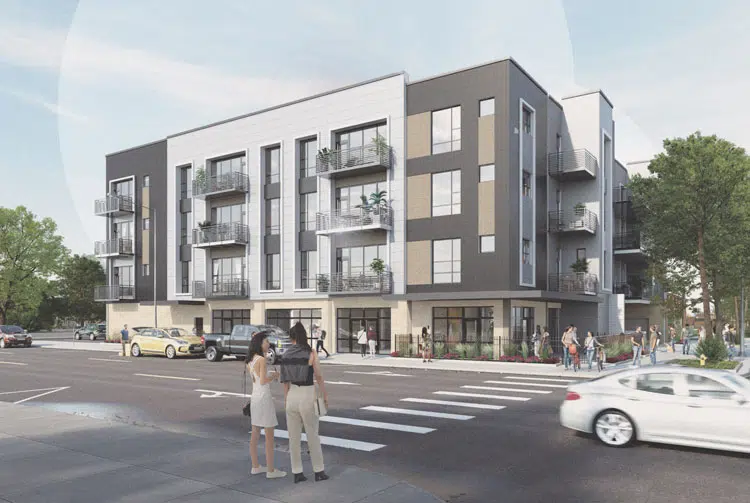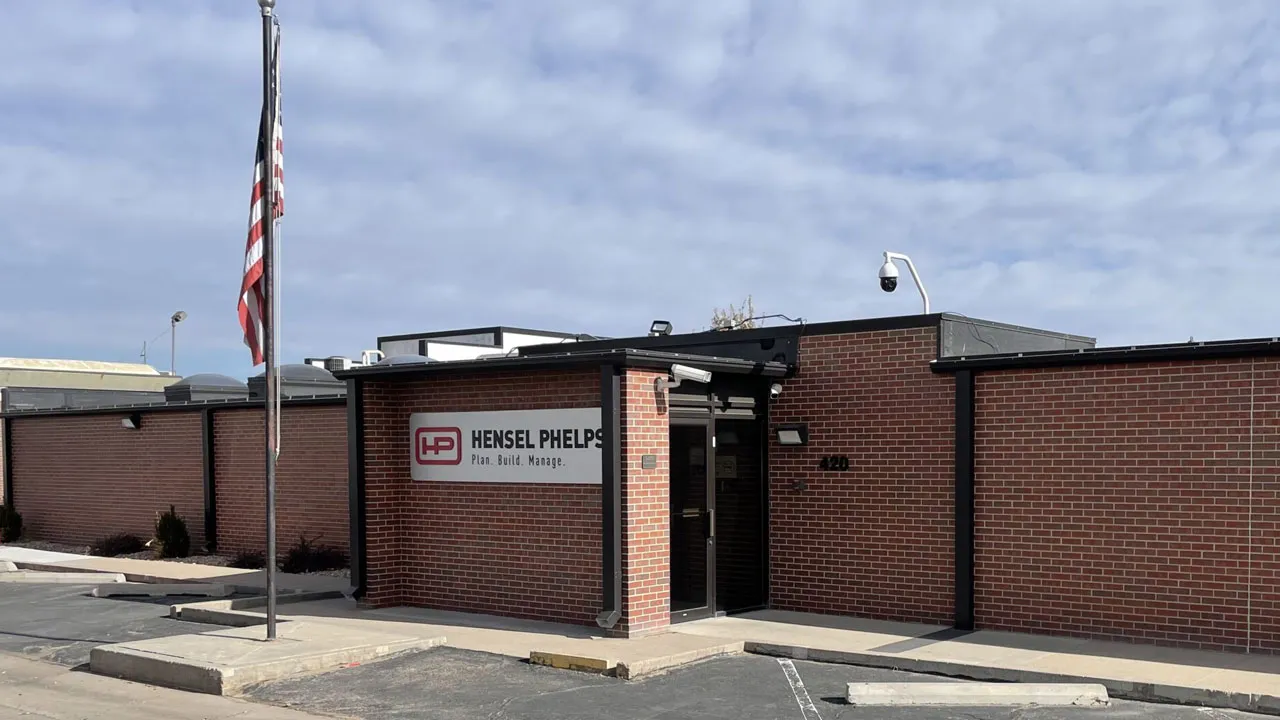Multiple developments dot Loveland downtown

LOVELAND — Loveland’s big investment in its downtown is starting to pay dividends with private sector investment following the city’s lead.
“I just think people are sensing the value of our DDA (Downtown Development Authority) and people are understanding that there are a lot of good properties to be redeveloped or developed,” said Sean Hawkins, the executive director of the DDA. “There are a lot of good business tenants. Others (patrons) are coming down and having a good time.”
The city of Loveland’s direct involvement kicked off the downtown revival. Early this century, the city created master plans for commercial use…
THIS ARTICLE IS FOR SUBSCRIBERS ONLY
Continue reading for less than $3 per week!
Get a month of award-winning local business news, trends and insights
Access award-winning content today!




